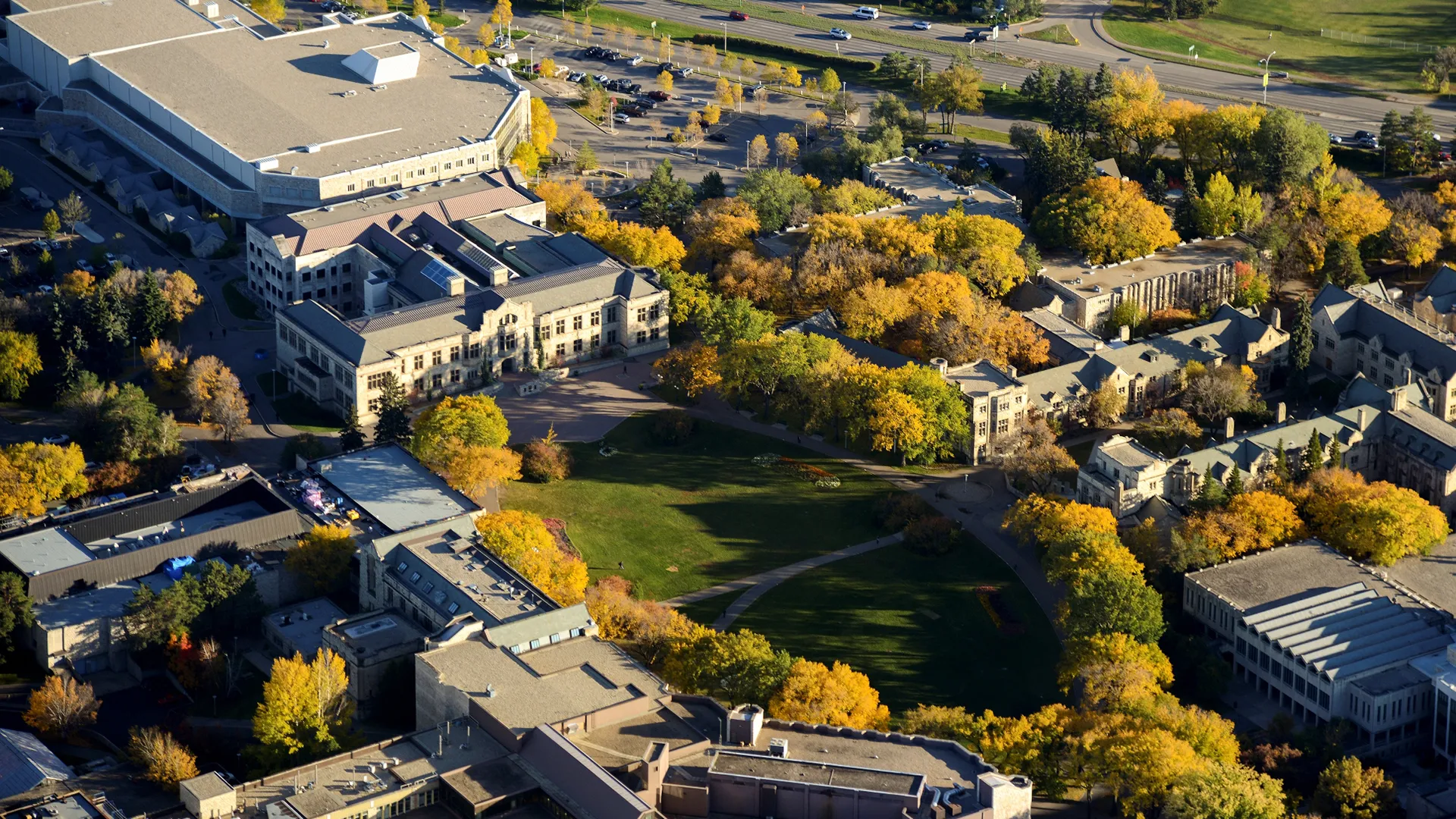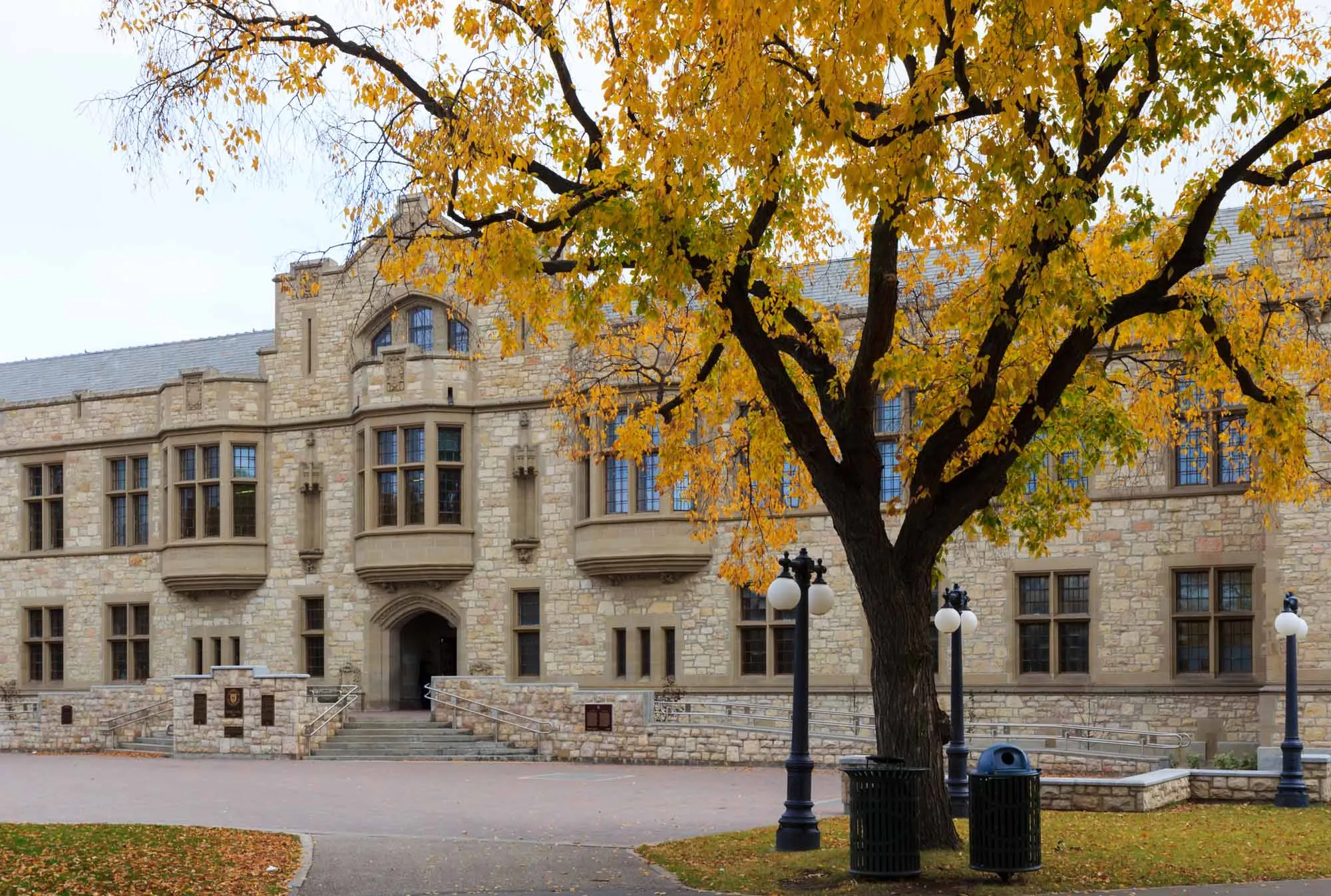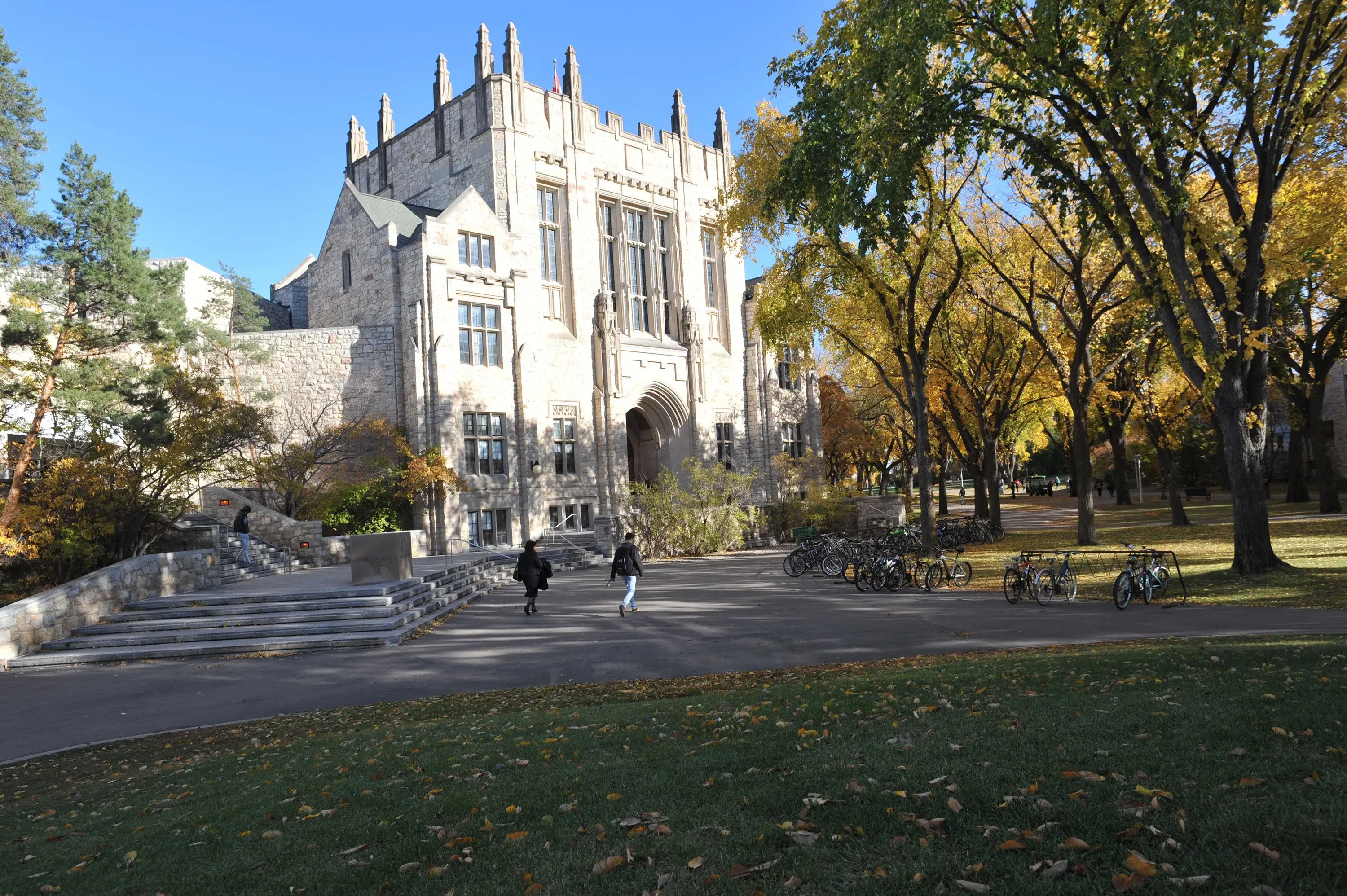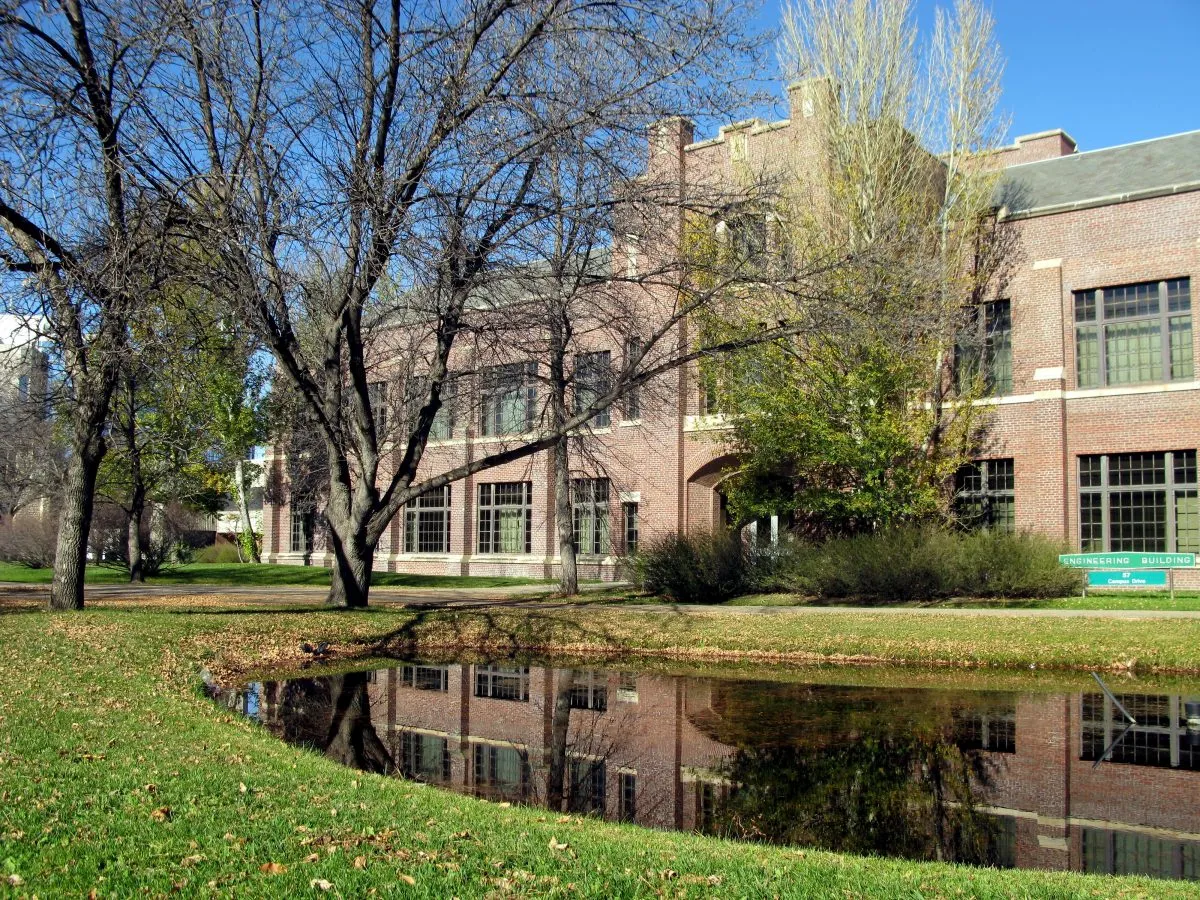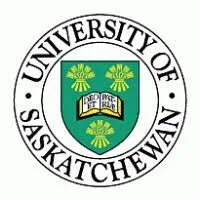
MSc in Marketing
University of Saskatchewan (Canada) · 105 Administration Place Saskatoon SK S7N 5A2
About

#340
QS

#544
USNews

#351-400
THE
The University of Saskatchewan (U of S) is a Canadian public research university, founded on March 19, 1907, and located on the east side of the South Saskatchewan River in Saskatoon, Saskatchewan, Canada. An "Act to establish and incorporate a University for the Province of Saskatchewan" was passed by the provincial legislature in 1907. It established the provincial university on March 19, 1907 "for the purpose of providing facilities for higher education in all its branches and enabling all persons without regard to race, creed or religion to take the fullest advantage". The University of Saskatchewan is the largest education institution in the Canadian province of Saskatchewan. The University of Saskatchewan is one of Canada's top research universities (based on the number of Canada Research Chairs) and is a member of the U15 Group of Canadian Research Universities (the 15 most research-intensive universities in Canada). The university began as an agricultural college in 1907 and established the first Canadian university-based department of extension in 1910. There were 120 hectares (300 acres) set aside for university buildings and 400 ha (1,000 acres) for the U of S farm, and agricultural fields. In total 10.32 km2 (3.98 sq mi) was annexed for the university. The main University campus is situated upon 981 ha (2,425 acres), with another 200 ha (500 acres) allocated for Innovation Place Research Park. The University of Saskatchewan agriculture college still has access to neighbouring urban research lands. The University of Saskatchewan's Vaccine and Infectious Disease Organization (VIDO) facility, (2003) develops DNA-enhanced immunization vaccines for both humans and animals. The University is also home to the Canadian Light Source synchrotron, which is considered one of the largest and most innovative investments in Canadian science. Since its origins as an agricultural college, research has played an important role at the university. Discoveries made at the U of S include sulphate-resistant cement and the cobalt-60 cancer therapy unit. The university offers over 200 academic programs.
Program Details:
Program WebsiteBasic Info
Institute
Edwards School of Business
Degree
MSc
Duration
2 years
STEM Designated
Yes
Program
Marketing
Expense
Living Expenses
CAD 20000
Tuition Fee (Domestic)
CAD 7500
Tuition Fee (International)
CAD 16900
Eligibility
Minimum/ Avg Score
GMAT (Old)
550
GRE Total
310
IELTS
6.5
TOEFL
86
PTE
63
GMAT (FE)
555
Duolingo
115
Ready to apply? Secure your spot at your dream university with our expert help!
Deadlines:
Deadline WebsiteIntake Deadline 1
30 Apr, 2026
(September-2026)
Stay on track with your applications. Login Now to Unlock all program related information.
Document Required:
Stay on track with your applications. Login Now to Unlock all program related information.


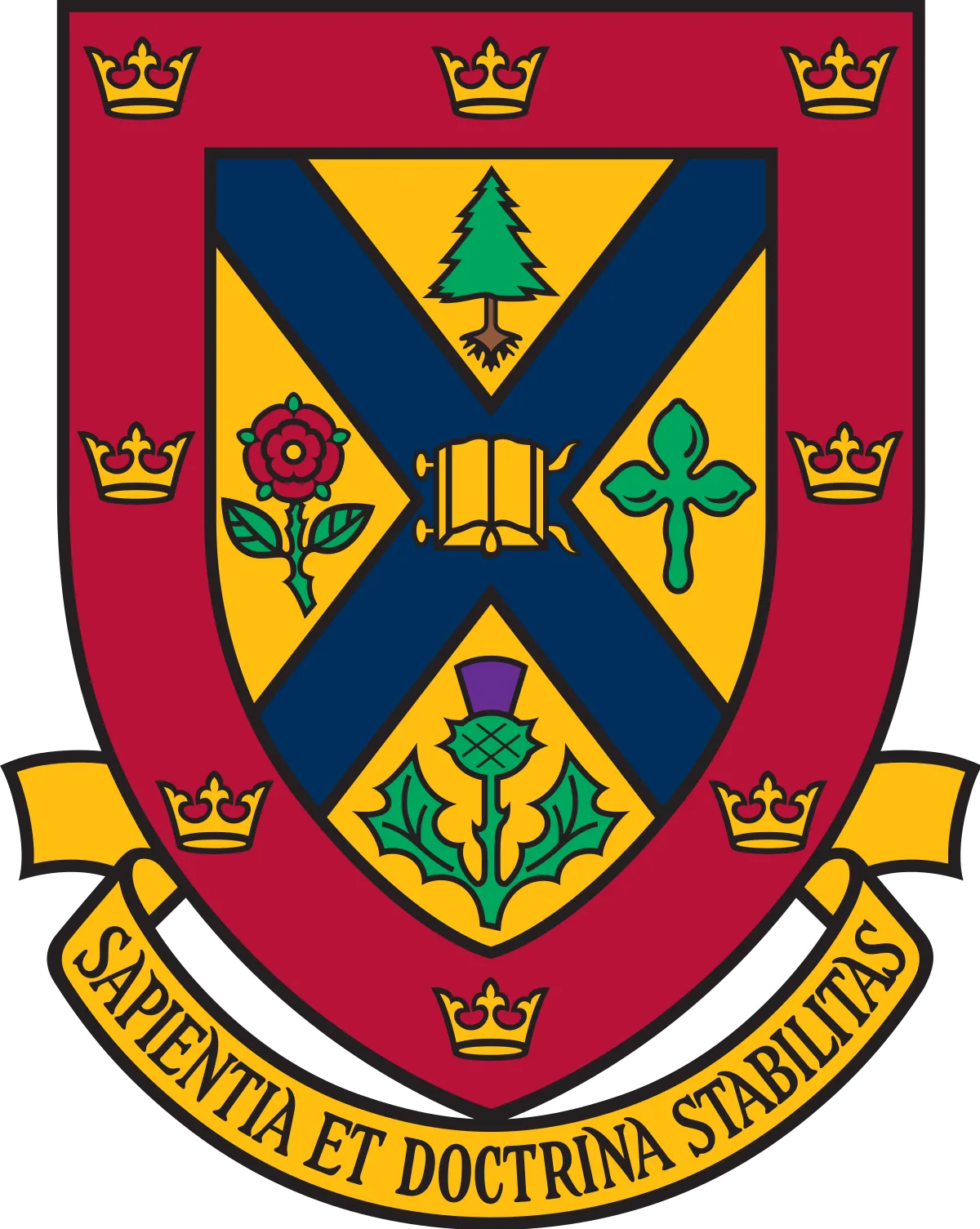

.webp)

